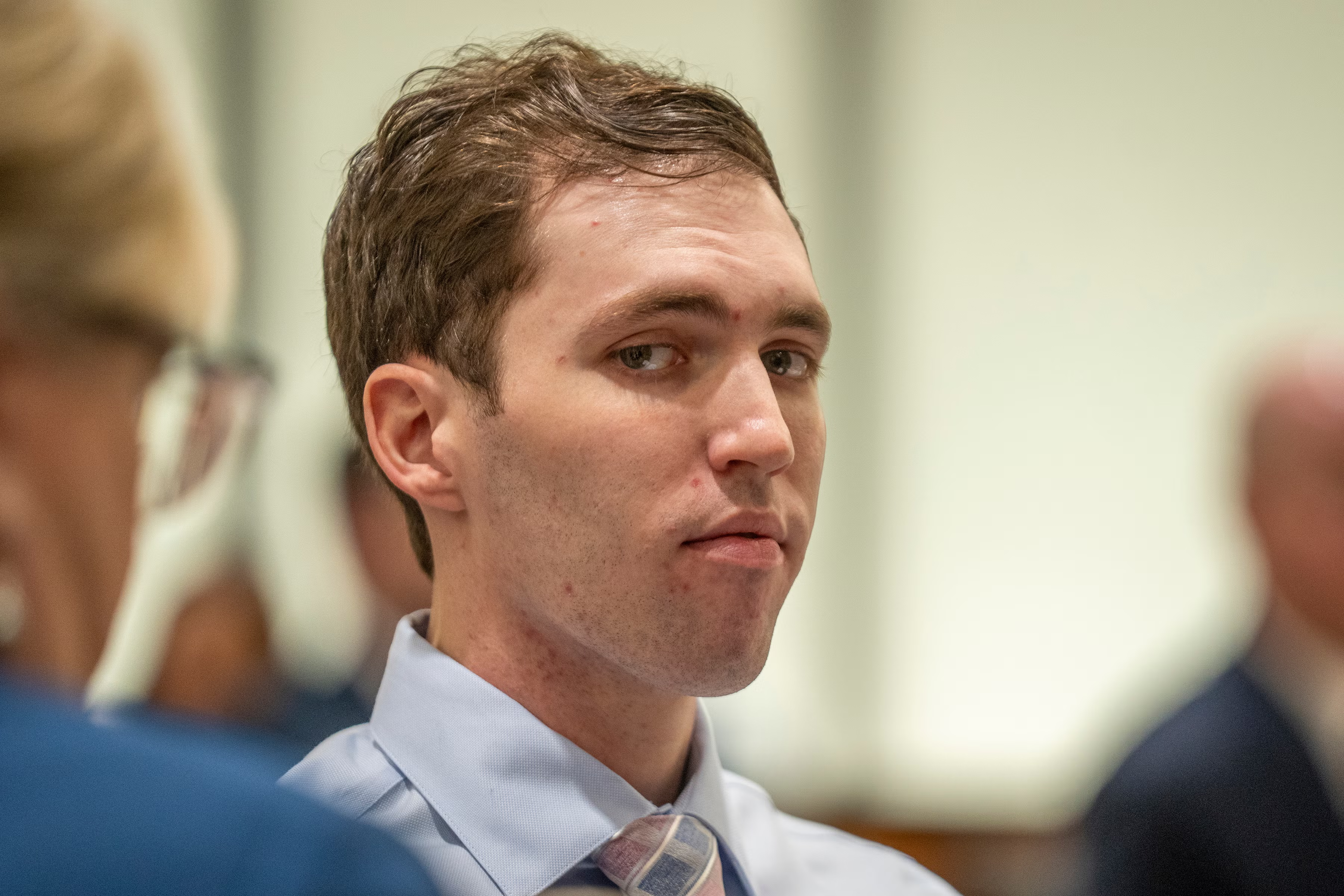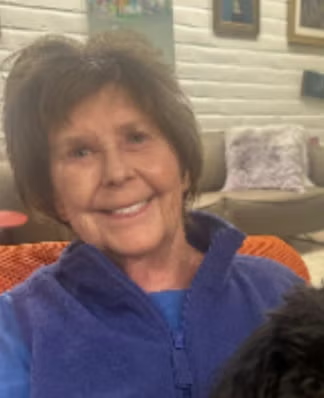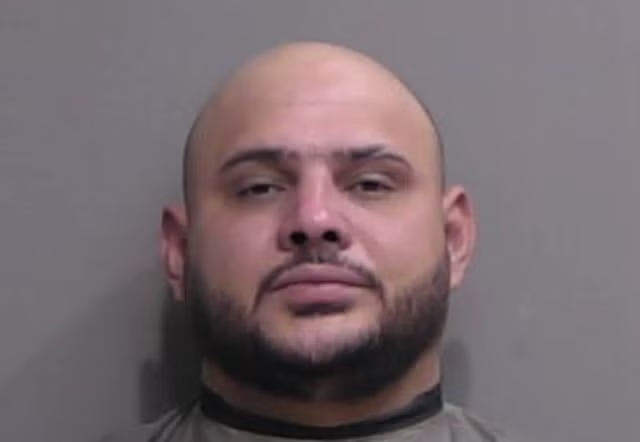In the tree-lined streets of south Minneapolis, the Annunciation Catholic Church stood as a beacon of faith and community, its school a nurturing ground for young minds. On the morning of August 27, 2025, that sanctuary was shattered by an act of unthinkable violence. Two children, aged 8 and 10, were killed, and 17 others—14 of them children—were injured when a lone gunman opened fire through the church’s stained-glass windows during a Mass celebrating the first week of school. The shooter, 23-year-old Robin Westman, ended their own life in the church’s parking lot, leaving behind a community in anguish and a mother whose connection to the school casts a haunting shadow over the tragedy.
Mary Grace Westman, the mother of the shooter, was once a familiar face at Annunciation Catholic School. A retired employee, she had walked the same halls where the children now huddled under pews, their prayers drowned out by gunfire. Her role at the school, though not fully detailed in public records, tied her to the institution in a way that now amplifies the heartbreak for a community struggling to make sense of the senseless. Mary was not just a parent but a guardian of her child’s journey, standing by Robin during a pivotal moment in their life—a legal name change in 2019 that marked a deeply personal transformation.
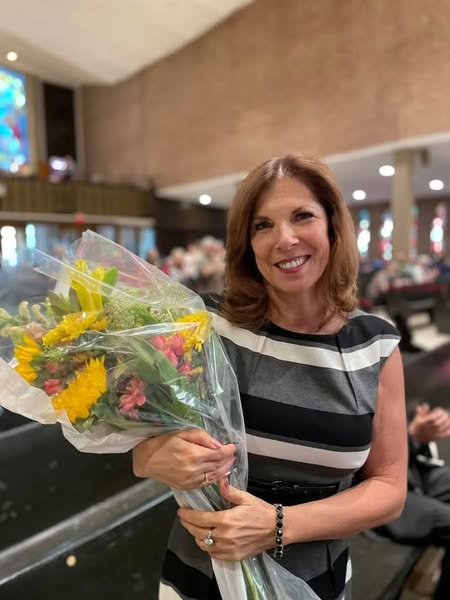
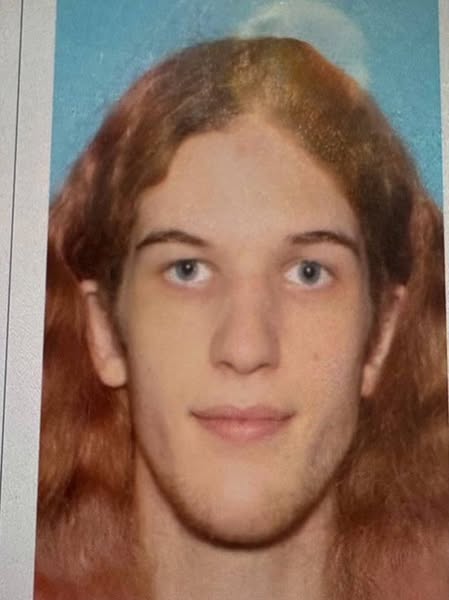
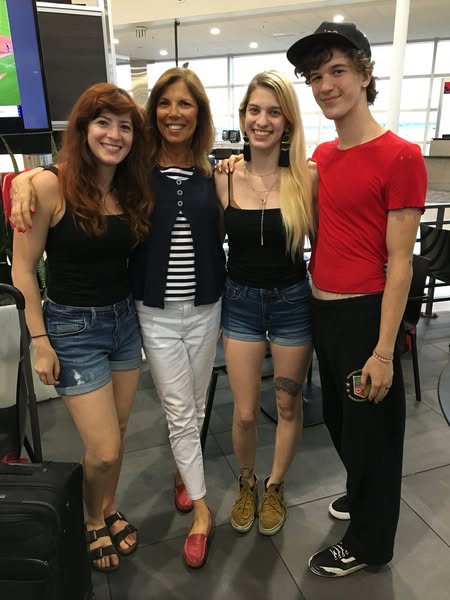
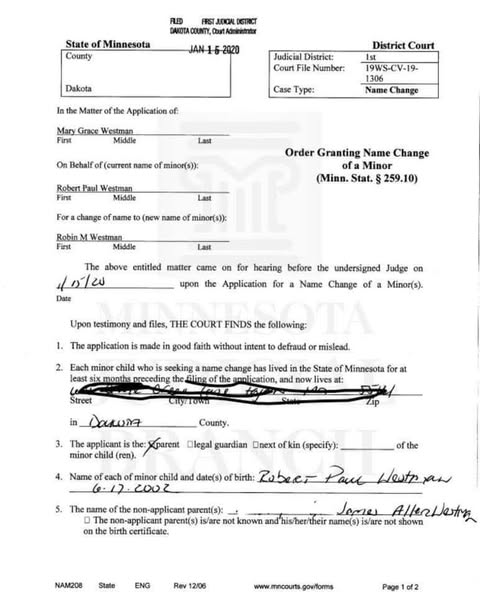
Robin Westman, born Robert Paul Westman on June 17, 2002, was only 17 when they sought to change their name to reflect their identity as a female. On November 18, 2019, with Mary as their requesting guardian, Robin filed for the name change in Dakota County. The request was granted on January 15, 2020, a quiet legal milestone that spoke to a young person navigating their sense of self. Mary’s support during this process paints a picture of a mother standing by her child, yet now she faces the unimaginable weight of her child’s actions—actions that have left families grieving and a community reeling.
The morning of the shooting began like any other at Annunciation, with children in their dark green uniforms gathering for the all-school Mass, a cherished tradition to mark the school year’s start. Just before 8:30 a.m., Robin, dressed in black and armed with a rifle, shotgun, and pistol, approached the church’s exterior. They barricaded two doors with wooden planks, a chilling act of premeditation, before firing dozens of rounds through the windows. The bullets tore through the sacred space, striking children and worshippers in the pews. An 8-year-old and a 10-year-old lost their lives, their parents notified as the community descended into chaos. Among the injured, 14 children and three adults, two of whom remain in critical condition, were rushed to hospitals like Hennepin Healthcare and Children’s Minnesota, where medical teams fought to save lives.
Mary Grace Westman’s past employment at the school adds a layer of complexity to the tragedy. Though she retired in 2021, her presence at Annunciation would have made her a known figure to staff and families, her life interwoven with the school’s tight-knit community. The revelation that her child was the perpetrator has left many grappling with disbelief. How could someone so closely tied to this place of learning and faith commit such an act? Minneapolis Police Chief Brian O’Hara called it a “deliberate act of violence against innocent children and worshippers,” his voice breaking as he described the “sheer cruelty and cowardice” of firing into a church full of children. Yet, the motive remains elusive, with investigators combing through Robin’s vehicle and online posts for clues. Reports suggest Robin had shared writings referencing suicide and violent thoughts, but no clear reason has emerged to explain why they targeted Annunciation.
For Mary, the aftermath is a private torment played out in the public eye. As a mother, she supported her child’s journey toward self-identification, standing by Robin during the name change process. Now, she must confront the reality that her child’s actions have caused irreparable harm. The community, too, is left to reconcile the memory of Mary as a colleague and neighbor with the horror of her child’s final act. Parents like Renee Lego, whose children attend Annunciation, spoke of the terror that unfolded, mistaking gunfire for fireworks before seeing blood on their children’s uniforms. Weston Halsne, a 10-year-old fifth-grader, recounted hiding under a pew as bullets shattered the stained glass near him, his friend wounded while shielding him. These stories of survival and loss now ripple through a community where Mary once worked, her name forever linked to the tragedy.
As Minneapolis mourns, the nation watches. President Donald Trump ordered flags to fly at half-staff, while Pope Leo XIV sent condolences through the Vatican, offering prayers for the grieving families. Mayor Jacob Frey, visibly shaken, rejected platitudes of “thoughts and prayers,” noting the bitter irony that “these kids were literally praying” when the violence erupted. Minnesota Governor Tim Walz called the act “horrific,” vowing support for the victims and their families. Yet, for Mary Grace Westman, no words can undo the pain of losing her child to their own hand or the devastation they inflicted on others. Her story, like that of the Annunciation community, is one of shattered bonds and unanswered questions, a mother caught in the crossfire of a tragedy that defies comprehension.

